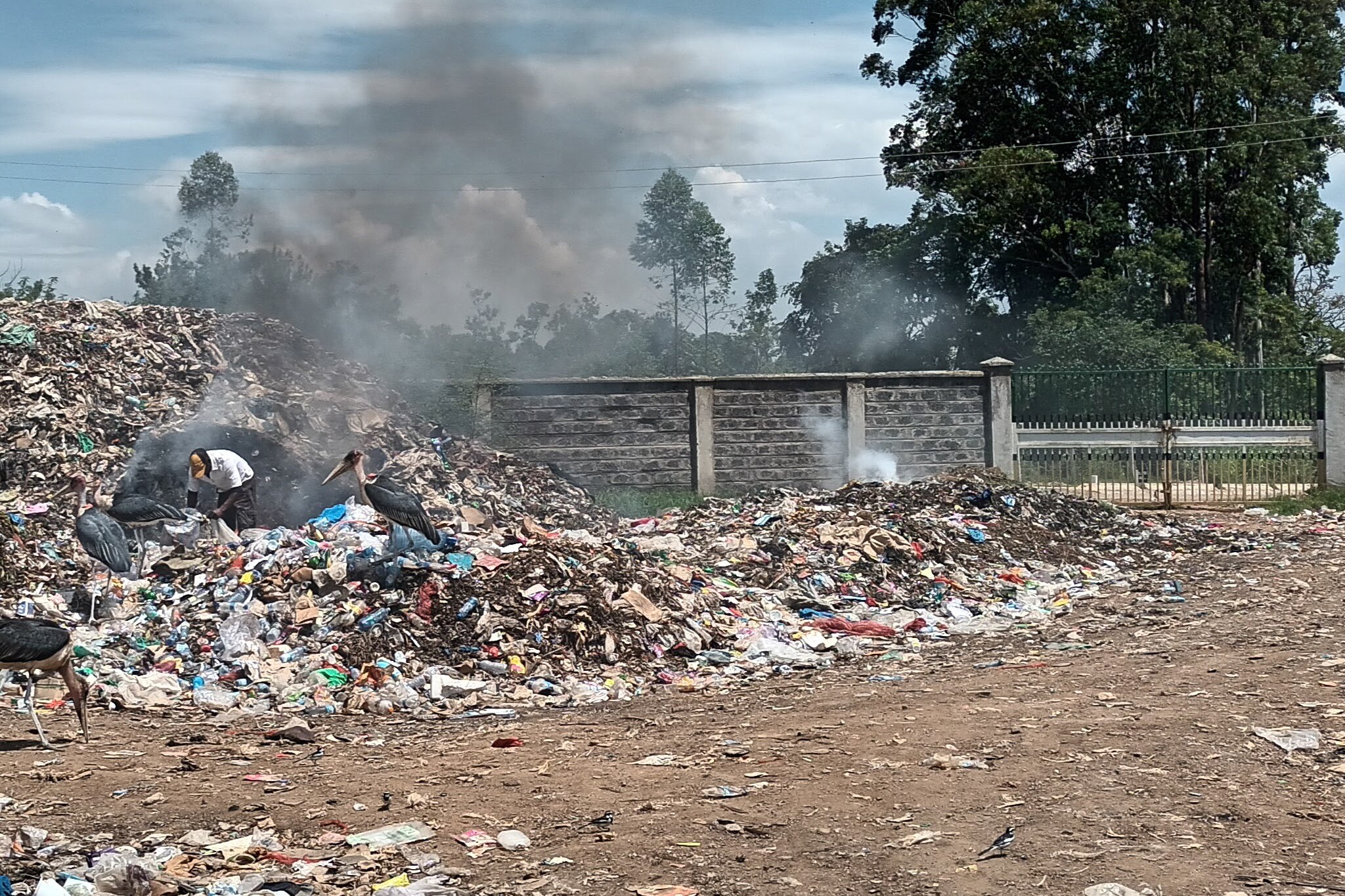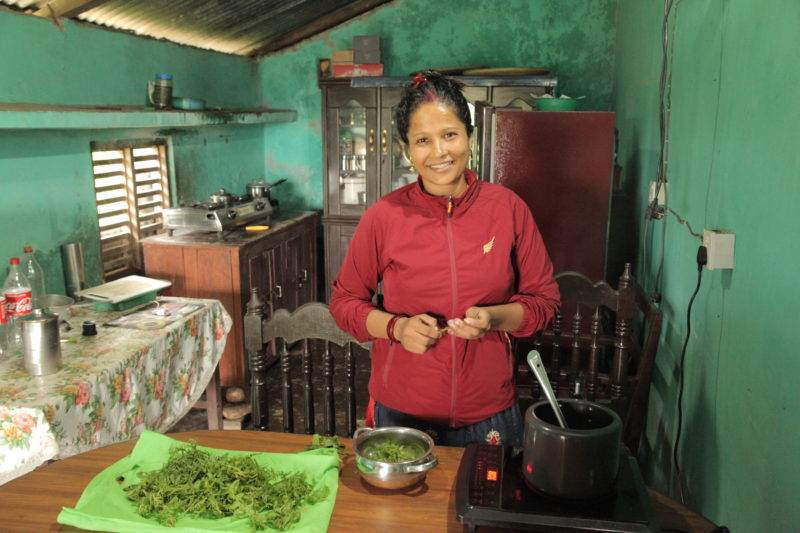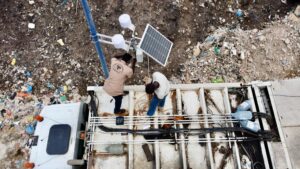What is air pollution?
Air pollution is contamination of the indoor or outdoor environment by any chemical, physical, or biological agent created by the natural world or human activity. It worsens the climate crisis and causes serious health issues.
What are the effects of air pollution on people and the environment?
According to the World Health Organization (WHO), air pollution is a significant environmental risk to health, particularly among children.
Air pollutants enter the body and can affect the eyes, nose and throat, lungs and respiratory system, and heart. They can cause or exacerbate respiratory infections such as pneumonia, heart disease, stroke, chronic obstructive pulmonary disease, and lung cancer. There is also evidence that low air quality is linked to dementia and cognitive decline.
The WHO states that the combined effects of environmental and household air pollution are a factor in 6.7 million premature deaths every year. Some 89% of those premature deaths occurred in low- and middle-income countries.
As well as public health concerns, air pollution can lead to severe environmental degradation by contaminating soils and water, damaging ecosystems, and reducing biodiversity.

What is the triple planetary crisis?
The triple planetary crisis is a phrase that refers to three interlinked issues that are causing mass suffering: climate change, pollution, and biodiversity loss. Each significantly impacts people, animals, and the planet and has its own causes, impacts, and solutions. Practical Action believes climate change, pollution, and biodiversity loss are deeply interconnected and adopts a development approach to address them all.
What contributes to air pollution?
Common sources of air pollution include car engines, indoor cooking fires, manufacturing facilities, power plants, and forest fires, which each release harmful chemicals and gases into the air by burning fuel.
What is the air quality index?
Also known as an air pollution index, an air quality index is an indicator developed by government agencies (such as the UK’s Department for Environment, Food and Rural Affairs) to let the public know how polluted the air is or will be and allow them to take action to reduce the effects of air pollution.

What solutions to air pollution exist right now?
There are many ways of reducing air pollution, including individual actions, such as living more sustainably by switching to a green energy supplier, adopting smarter travel, and having a more plant-based diet. Then there are national government and global initiatives to bring about systemic change by, for example, switching to renewable energy instead of fossil fuel-fired power plants.
Practical Action, for example, is mitigating the harmful effects of air pollution in Senegal by installing air quality sensors to help vulnerable people and workers living in or near the Mbeubeuss Landfill Site in Dakar.
The new equipment provides real-time alerts when outdoor waste burning at the site releases dangerous pollutants, such as carbon, sulphur, and nitrogen oxides. The alert allows residents and informal waste workers to act when air quality is poor due to open burning. The project also aims to improve recycling rates to prevent waste from being burned and enhance the health and safety conditions of informal waste workers through training, improved equipment, and access to health insurance.

Is reducing air pollution effective?
Yes. You only need to look at initiatives like Practical Action’s work with clean stoves. Currently, over three billion people cook on open fires or inefficient stoves using unsafe fuels like kerosene or biomass, such as wood, charcoal, and animal dung. These fuels are both inefficient and harmful, particularly when used indoors without proper ventilation. The acrid smoke produced is equal to smoking two packs of cigarettes a day, according to estimates from The World Health Organisation (WHO).
Practical Action helps communities move from traditional cooking methods to safer clean cooking techniques.
For example, thousands of families in Kenya will benefit from a reduction in environmental damage and illnesses after we distributed 10,000 fuel-efficient cookstoves to households, installed clean cooking technologies in schools, hospitals, and prisons, provided training, and raised public awareness about the issue.
Follow the links below to read more about our work to address the impacts of air pollution.

